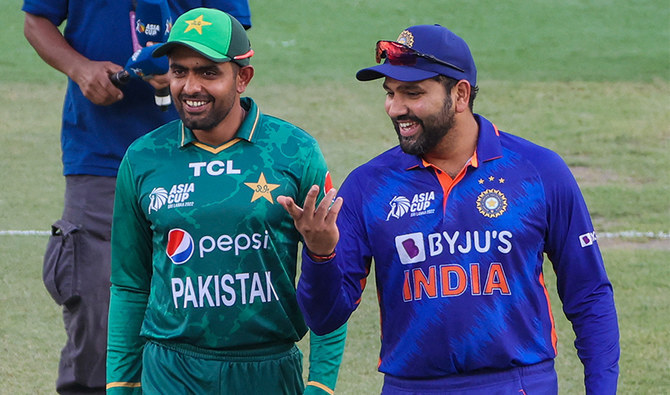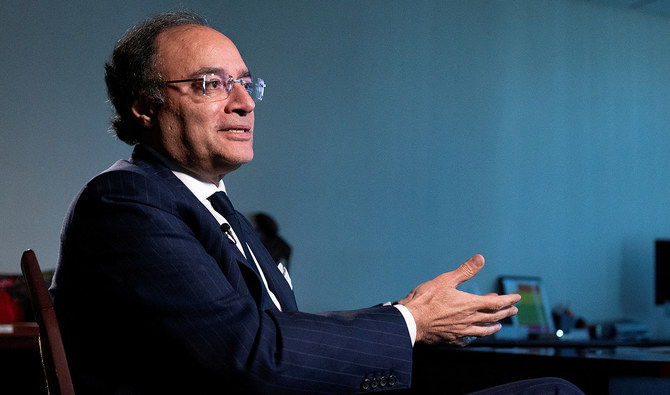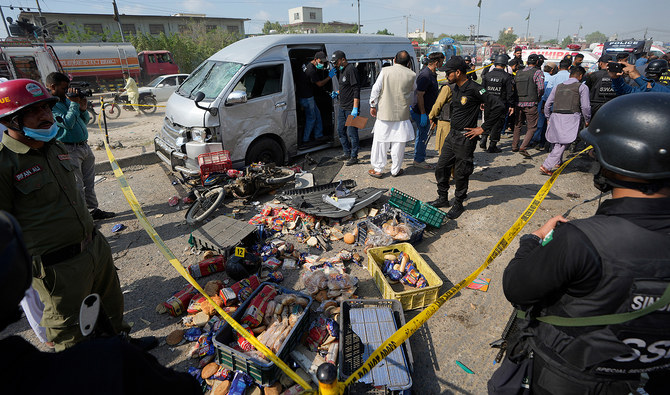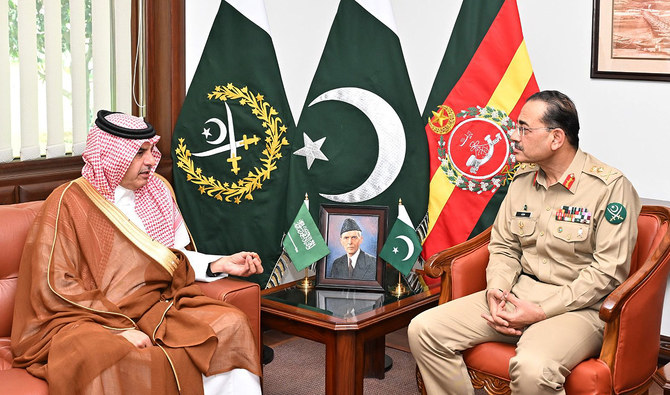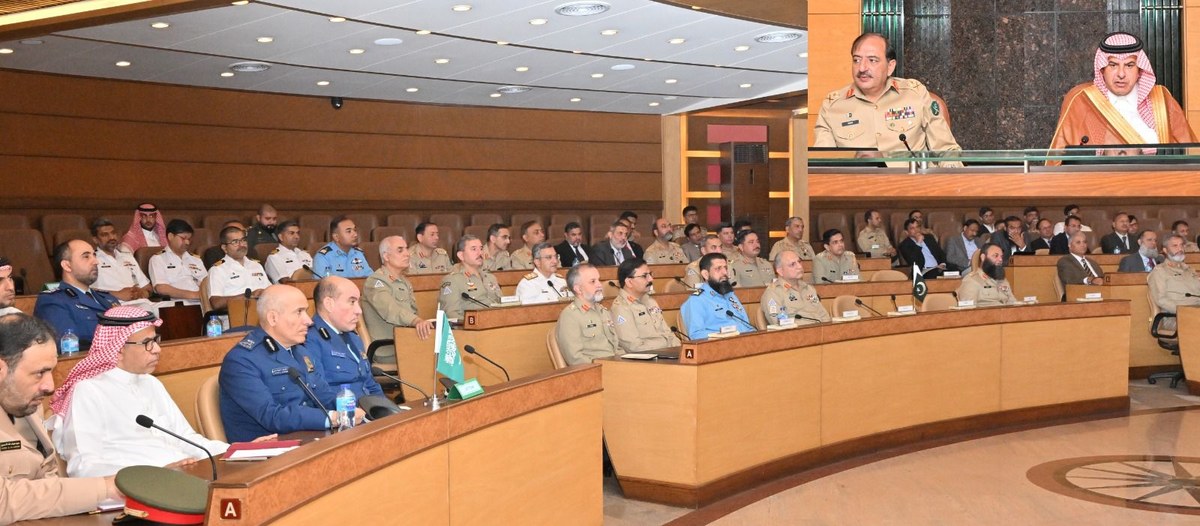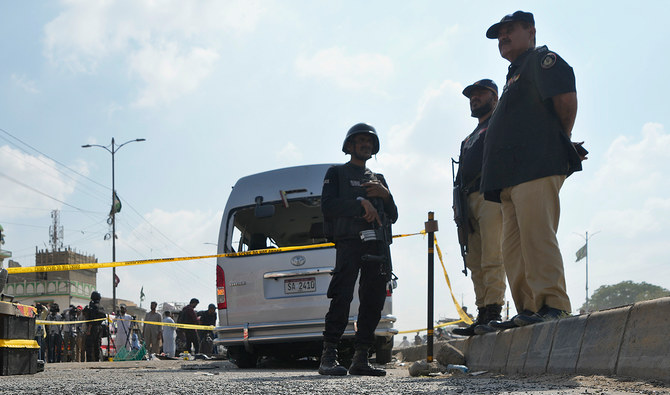ISLAMABAD: Health Minister Abdul Qadir Patel on Monday expressed “concern” as Pakistan recorded 675 new coronavirus cases while the positivity ratio crossed 4.5 percent, data from the National Institute of Health (NIH) showed, urging caution ahead of the Eid Al-Adha holiday at the end of the week.
Pakistan has had very few COVID-19 cases over recent months and did away with almost all precautions.
But over the past 24 hours, the national COVID positivity ratio had risen to 4.61% with 675 positive cases, nearly double the number at the start of last Monday, according to NIH data. Over 163 people were reported to be in critical care.
“The government is concerned over increase in hospitalisation and positivity rate over the last few days,” the minister told reporters. “Our average deaths are between 1.5 percent and the average number of patients on ventilators is five.”
Health ministry data shows the daily positivity rate registered a sharp decline from the peak 13 percent on January 22 to 0.37 percent on April 12 but started picking up again in June.
The minister said the government feared the rate could spike further with two religious festivals, Eid al-Adha and Muharram, coming up.
However, he said hospitals had enough ventilators, and ruled out smart or localized lockdowns.
“I guess this is not the appropriate time for smart lockdown,” he said, adding that 86 percent of the eligible population above 12 years of age was partially vaccinated while the government was administering at least one million booster doses on average a day.
Since the COVID-19 vaccine rollout in February 2021, Pakistan has fully vaccinated over 127 million individuals aged 12 years and above and administered 272 million doses in total so far. More than 25.77 million people have also received a booster dose.
Talking about Karachi where the daily positivity was recorded at 20.61 percent in the last 24 hours, Patel said the provincial government had been directed to increase the number of tests to ascertain the actual spread of the virus.
“Karachi is a congested city, they need to increase testing,” the minister said, adding that instructions were issued to all provincial governments to be ready for all kinds of emergencies, including setting up of isolation centres.
Pakistan disbanded the National Command and Operations Center, its main pandemic response body, on March 31 as infections fell to the lowest level since the outbreak began in 2020.
However, the South Asian country on May 23 reconstituted the NCOC at the NIH after health officials detected a new omicron sub-variant in a passenger arriving from Qatar.
Pakistan’s Civil Aviation Authority (PCAA) last week once again made it mandatory for all passengers on domestic flights to wear masks. Authorities are also urging eligible individuals to get booster vaccine shots.
Patel on Friday called masks "essential" during the upcoming Eid holiday, appealed to religious scholars to ensure social distancing at mosques and urged the public to avoid hugging and shaking hands during Eid.
Last Thursday, Pakistan issued fresh standard operating procedures (SOPs) for government office.
The NIH in a notification urged government staffers to avoid shaking hands and mandated wearing face masks and incorporating social distancing in seating plans and during prayers.
Last Wednesday, Prime Minister Shehbaz Sharif chaired a meeting to take stock of the coronavirus situation, urging masses to take precautions against the infection.
“The NCOC is closely monitoring the situation and we are prepared for any scenario,” Patel said on Monday, adding that the government was mulling rolling out mass testing, particularly in major cities such as Karachi.
Public health experts have also expressed concerns over the rise in the number of daily COVID-19 infections and suggested people get booster doses.
“The daily positivity trend clearly shows this [infections] will spike again in coming weeks,” Dr Javed Akram, a member of the government’s scientific task force on COVID-19, told Arab News. “The government should strictly enforce health guidelines in all public places to check the spread of the virus.”
“Everybody should get a COVID-19 booster dose after six months of being fully vaccinated to augment the immunity,” he said. “All vaccines are safe and effective, get any one of your choice to stay safe.”
President Dr. Arif Alvi also took to Twitter on Monday and stressed the implementation of COVID prevention rules during Eid.




